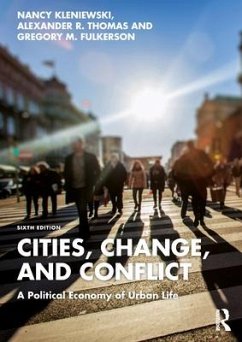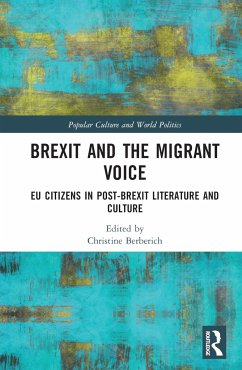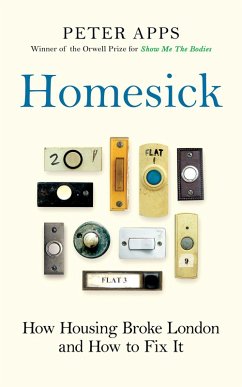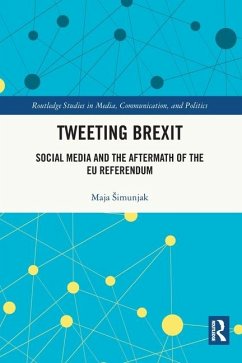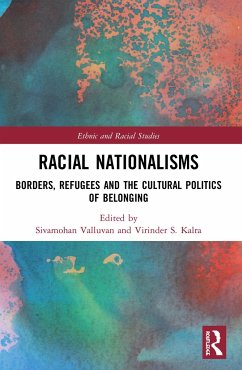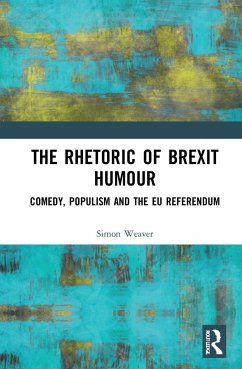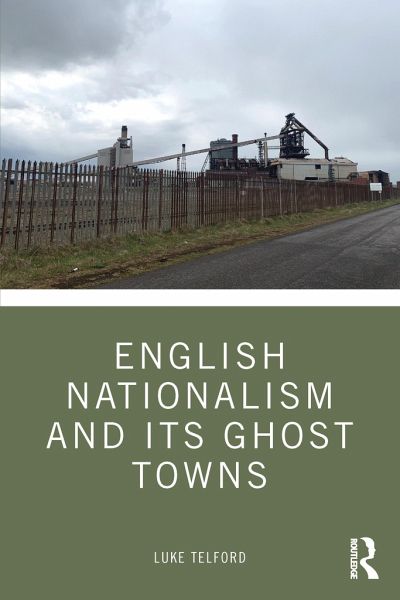
English Nationalism and its Ghost Towns
Versandkostenfrei!
Versandfertig in 6-10 Tagen
41,99 €
inkl. MwSt.
Weitere Ausgaben:

PAYBACK Punkte
21 °P sammeln!
In order to understand today's nationalism, we need to address the historical decline of working-class communities, the sense of loss brought by deindustrialisation and how working-class people have been denied a voice in society and politics. Discontent has manifested strongly in these deprived post-industrial areas, often branded as communities that have been left behind under neoliberal globalisation. Whilst more and more people are voicing their discontent with a system that fails to provide social security and economic stability, many researchers have branded them merely as racists, xenop...
In order to understand today's nationalism, we need to address the historical decline of working-class communities, the sense of loss brought by deindustrialisation and how working-class people have been denied a voice in society and politics. Discontent has manifested strongly in these deprived post-industrial areas, often branded as communities that have been left behind under neoliberal globalisation. Whilst more and more people are voicing their discontent with a system that fails to provide social security and economic stability, many researchers have branded them merely as racists, xenophobes and ill educated. Although prejudices are likely to play a part in all political outcomes, today's dissatisfaction across the West cannot be reduced to mere emotion and intolerance.
This book therefore utilises on-the-ground research with working-class individuals in a Leave voting locale in Britain, exploring their discontent with politicians, the Labour Party, the European Union, immigration, refugees and the prolonged calls for a second referendum. It situates this sentiment towards society and politics within the decline of capitalism's post-war era and the loss of well-paid industrial jobs, increase in non-unionised service employment and the hollowing out of community spirit.
This book therefore utilises on-the-ground research with working-class individuals in a Leave voting locale in Britain, exploring their discontent with politicians, the Labour Party, the European Union, immigration, refugees and the prolonged calls for a second referendum. It situates this sentiment towards society and politics within the decline of capitalism's post-war era and the loss of well-paid industrial jobs, increase in non-unionised service employment and the hollowing out of community spirit.





